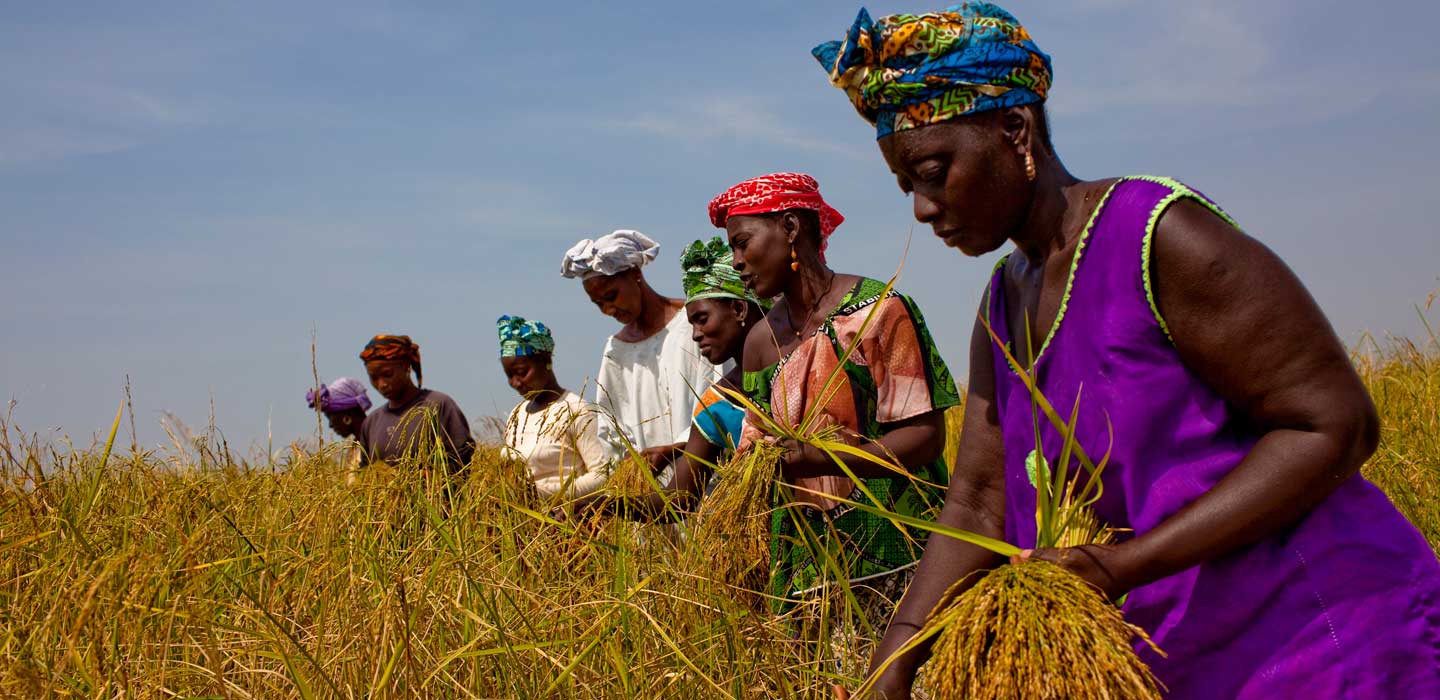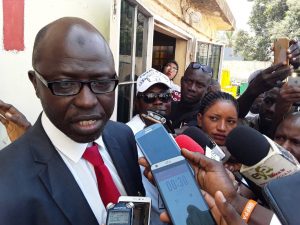By Abdelkarim Jaiteh
Just as farming was the catalyst for the growth of human society, urban farms are also catalysts for vibrant, cohesive communities and also engines for our economy. Urban agriculture transforms both people and places and also a powerful catalyst for urban renewal and the revitalisation of our communities.
Local food production provides jobs and business opportunities; circulates currencies locally; encourages education; improves property values, and most importantly, it creates neighbourhoods, which are attractive to people of all incomes and ethnicities.
Ramatoulie Hydara-Sanyang is the regional director of urban agriculture who has worked in the field of agriculture for almost three decades, and explained brief history of the formation of the initiative.
Mrs. Sanyangy also explained the challenges undermining the urban agriculture such as availability of land which she said was the reason why they introduced micro gardening in the urban areas and best farming practice such as smart agriculture which includes tree planting that would mature early to generate income.
53 percent of the population, according to the senior agriculturalist lives in the urban areas and there is need to improve their farming standard by giving them tools and machinery to become commercial farmers.
However, some of the farmers we have talked to raised concern over the lack of empowerment by the government for not supporting them with inputs such as fertilizers, seedlings and other farming implements.
At Farato Farm, the land which was owned by the former president, we caught up with a former lieutenant of the Gambia National Army, Yaya Camara and his son who now depend on farming as his major source of income after his retirement from the army.
The main cash crop of The Gambia is groundnuts. The country is primarily an agricultural country with 80 percent of the population of just over 2 million depending on agriculture for its food and cash income. The farming economy is the only means of income creation for the majority of rural families most whom live below the poverty line.




